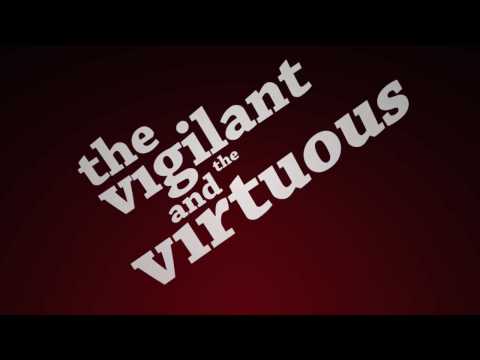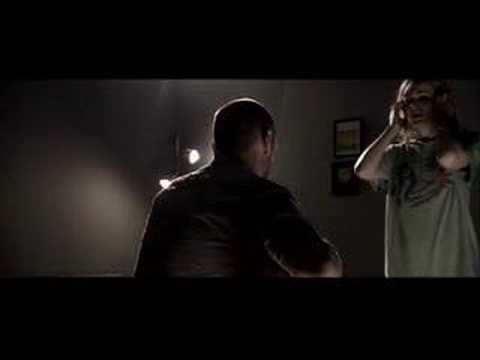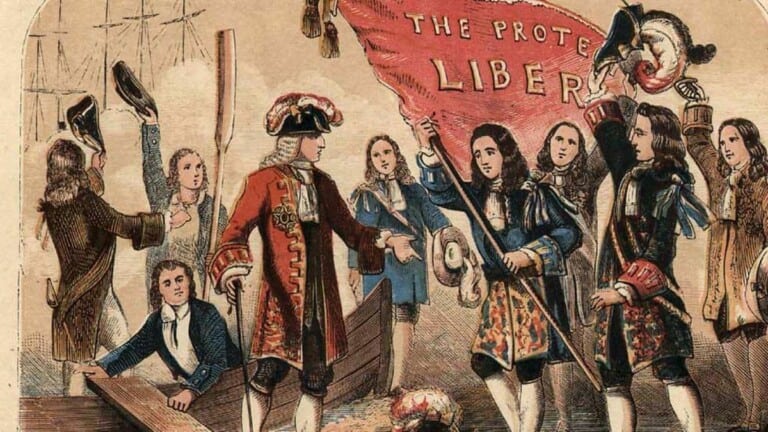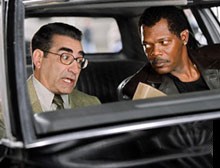Cette année, avec mes classes de Premières, je me suis amusé avec le film V for Vendetta – réalisé par les frères Wachowski et inspiré des personnages créés par Alan Moore et David Lloyd – pour illustrer la notion Seats and Forms of Power.
Nous avons abordé la notion sous l’angle pouvoirs/contre-pouvoirs et on s’est demandé comment le peuple pouvait se rebeller contre un ordre établi qui pourrait s’avérer despotique totalitaire et dictatorial.
J’aime bien cette notion, c’est pour moi la seule qui permet réellement d’entendre l’opinion personnelle des élèves et un semblant de réflexion sur les libertés individuelles et ce qu’est vraiment la démocratie.
Elle permet de se projeter et d’analyser notre société un peu plus sérieusement, de se poser des questions et d’exercer un peu de sens critique.
Et cela permet aussi de travailler sur la langue et les figures de style, comme cette magnifique introduction de V à base d’allitérations en “v”, d’accumulation et de gradation:
Et dans un registre soutenu en plus. Un vrai régal pour qui aime les lettres.



